Pfizer partners with medical associations in the fight against cancer
 The Asia Pacific Oncology Summit (APOS), which was jointly hosted by the Vietnam Cancer Association and Ho Chi Minh City Oncology Hospital and was sponsored by Pfizer, aimed to provide a platform for experts to discuss current trends on the cancer burden, share clinical experience on cancer therapy and treatment options, and highlight the need for urgency in addressing this disease.
The Asia Pacific Oncology Summit (APOS), which was jointly hosted by the Vietnam Cancer Association and Ho Chi Minh City Oncology Hospital and was sponsored by Pfizer, aimed to provide a platform for experts to discuss current trends on the cancer burden, share clinical experience on cancer therapy and treatment options, and highlight the need for urgency in addressing this disease.
Cancer is one of the leading causes of death worldwide. According to the WHO, around 13 per cent of all deaths that occurred in 2008 (approximately 7.6 million deaths) was caused by cancer. Moreover, it has also been found that approximately 70 per cent of cancer deaths occur in low- and middle-income countries.
Advancements in cancer treatment over the years have contributed to the management of this global epidemic. About 27 per cent of the age-adjusted mortality decline for cancer between 1996 and 2006 is attributable to drug innovation. In addition, the increase in the array of cancer drugs accounted for about 50 to 60 per cent of the increase in age-adjusted survival rates for cancer patients in the first six years after diagnosis.
“There is still a lot to be done to mitigate the growing prevalence of cancer and help improve patients’ lives,” said chairman of the Vietnam Cancer Association, Professor Doctor Nguyen Chan Hung. “There is extensive knowledge about the causes of cancer and ways to prevent and manage the disease, and bringing regional experts together to share experiences and knowledge is crucial to reducing cancer morbidity and mortality.”
Dr. Pham Xuan Dung, deputy director of Ho Chi Minh City Oncology Hospital, also highlighted that: “While treatments are becoming more advanced, prevention and early detection are critical in the fight against cancer. The cancer burden can be managed by identifying and implementing strategies for prevention, early detection, and effective patient management. Many cancers actually have a higher chance of cure if detected early and treated appropriately.”
Many cancers are often found at a late stage when they are more difficult to treat. Early stage renal cancers, for example, tend to have a better prognosis, while advanced cancers have a worse prognosis. Renal cell carcinoma (RCC) is the most common type of kidney cancer accounting for around 85 per cent of all kidney cancers. Common treatment options for people with kidney cancer are surgery, targeted therapy, and biological therapy.
Until 2006, there were limited treatment options available and interleukin-2 and interferon alfa were widely used as first-line treatment of metastatic disease. Since then, seven targeted treatments, including tyrosin kinase inhibitors such as sunitinib and sorafenib, have been approved in the US for treating advanced renal cell carcinoma, and more are in development.
Pfizer is a leader in advanced RCC treatment, providing options for a wide spectrum of patients, with therapy options having proven efficacy. Pfizer has a long track-record in partnering with medical associations and oncology hospitals in organising symposia, as well as continued medical education (CME), to share knowledge on advanced cancer treatments.
What the stars mean:
★ Poor ★ ★ Promising ★★★ Good ★★★★ Very good ★★★★★ Exceptional
Latest News
More News
- Hanoi strengthens measures to prevent mismanagement and wastage of public assets (November 21, 2024 | 17:42)
- First international summit on shingles prevention held in Vietnam (November 18, 2024 | 10:00)
- Global education to improve quality of workforce (November 17, 2024 | 08:53)
- “Run for zero violence against women and girls in Vietnam” gets set (November 16, 2024 | 09:39)
- Final round of admin reform competition to take place in Hanoi (November 14, 2024 | 12:16)
- Hanoi pilots electronic health record solution (November 10, 2024 | 12:25)
- Vietnamese consumer sentiment outperforms regional averages (November 08, 2024 | 18:00)
- Japfa Vietnam serves nutrition to 1,500 children to year-end (November 06, 2024 | 16:32)
- Tan Hiep Phat - three decades of serving society (November 04, 2024 | 17:58)
- Hanoi to restrict polluting vehicles across key districts (November 04, 2024 | 16:29)




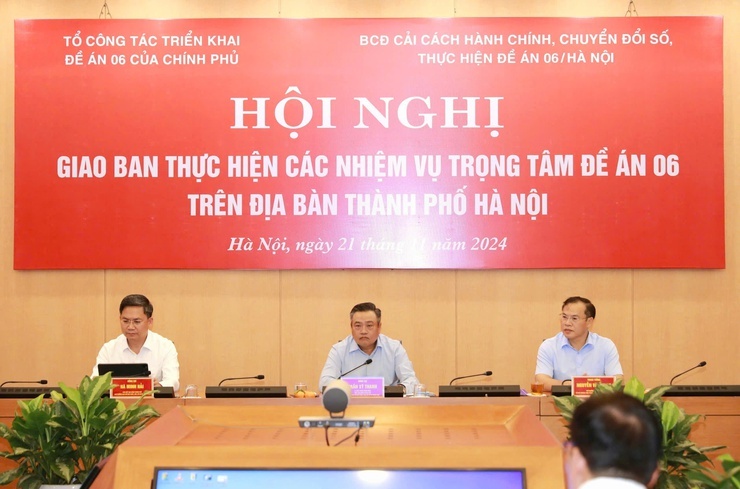

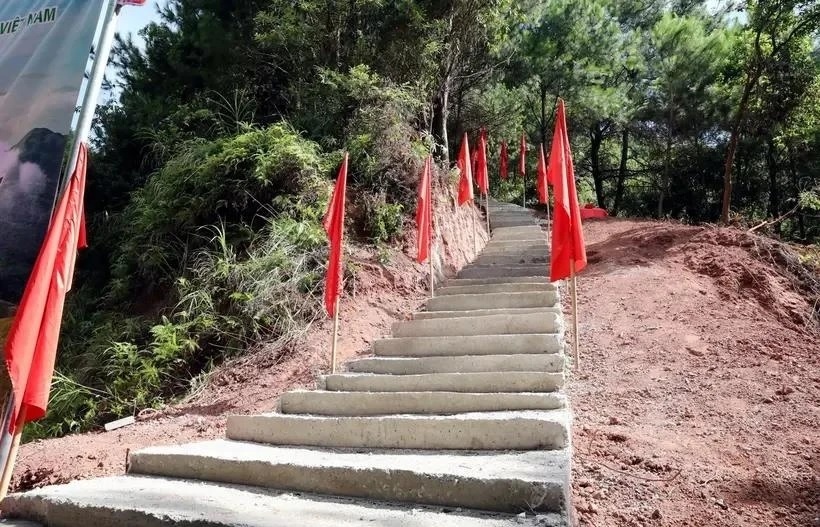
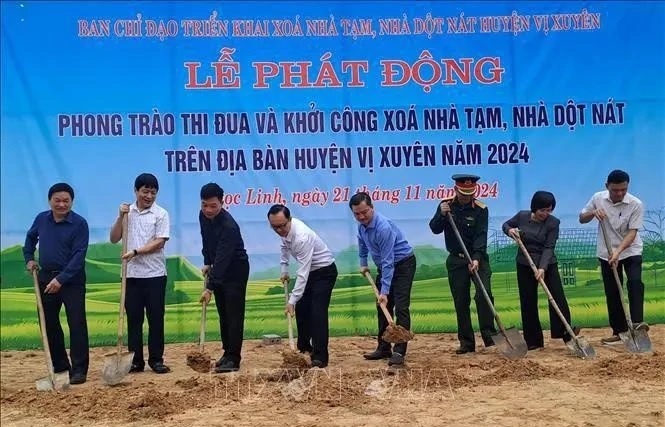
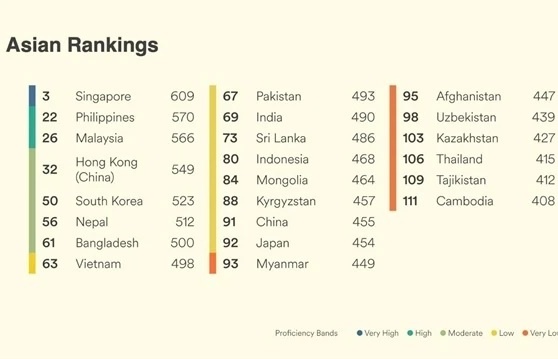
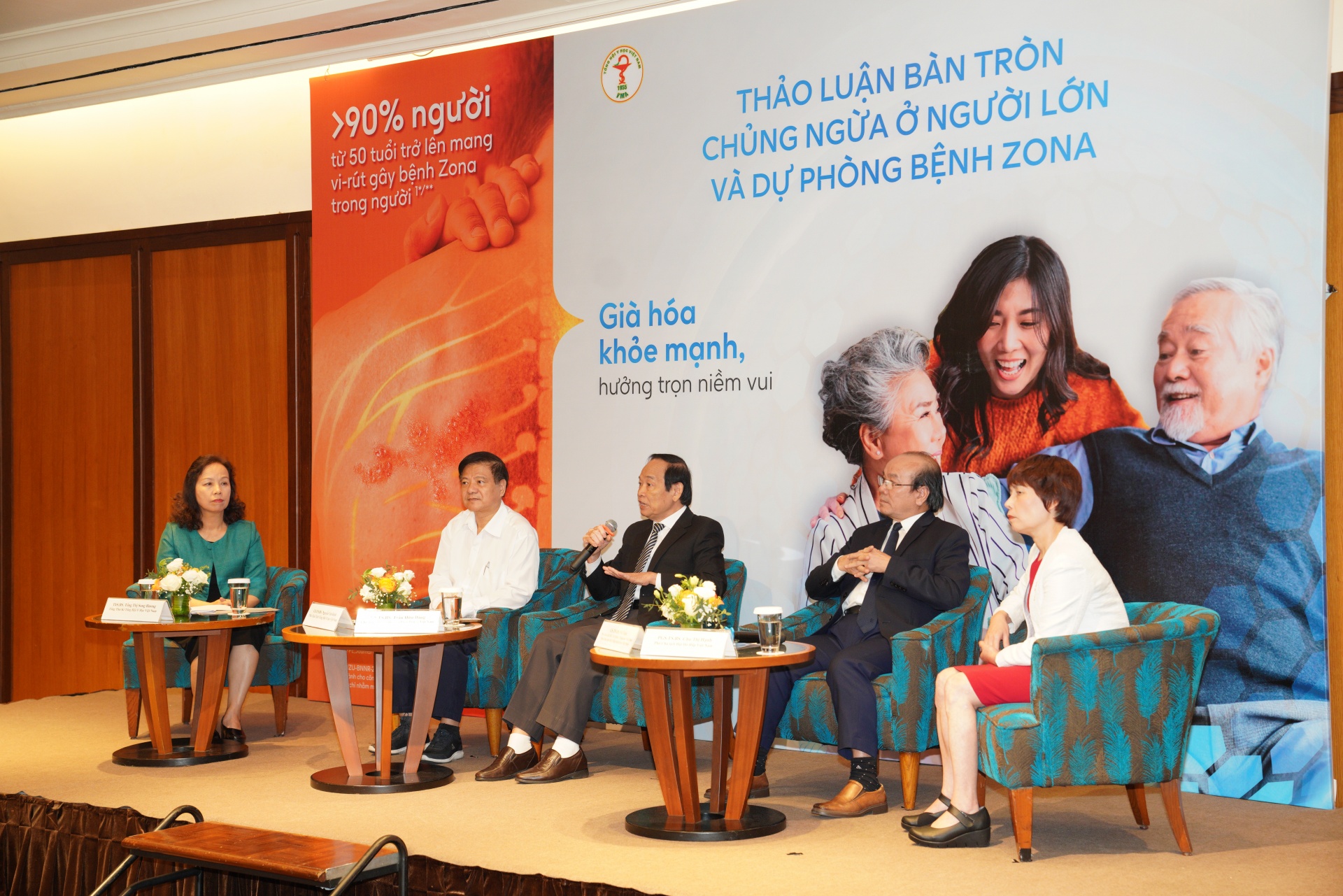




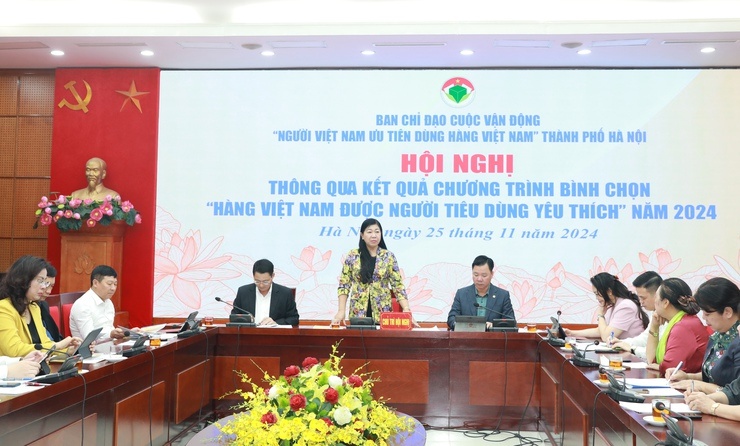
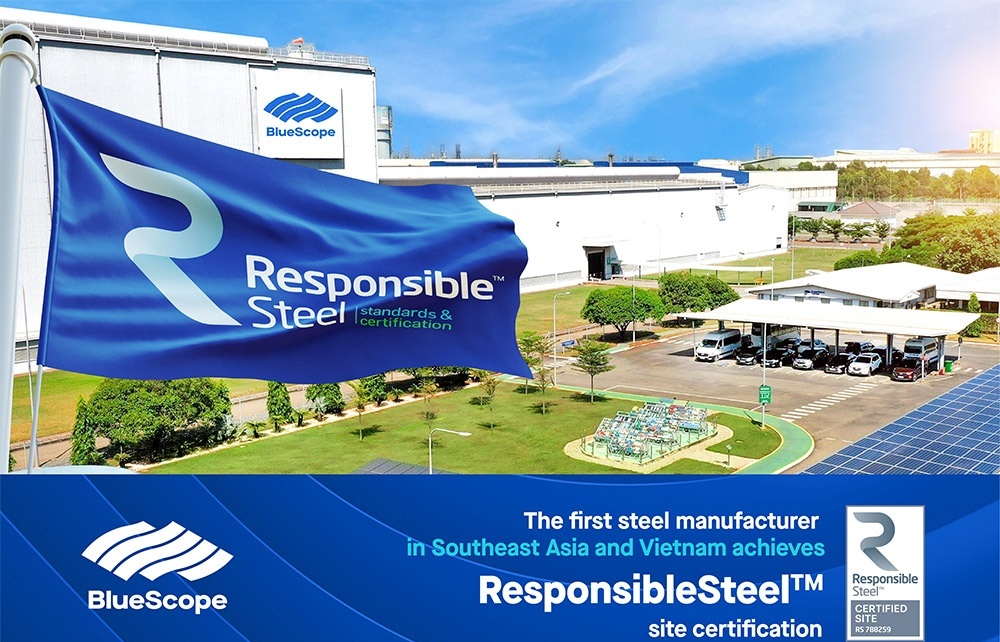



 Mobile Version
Mobile Version